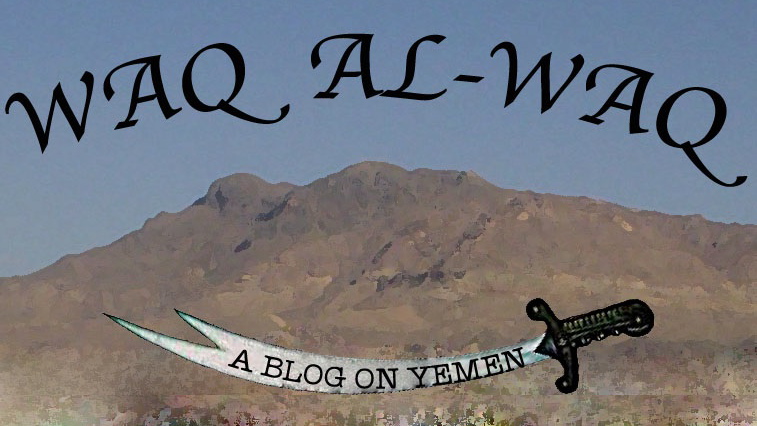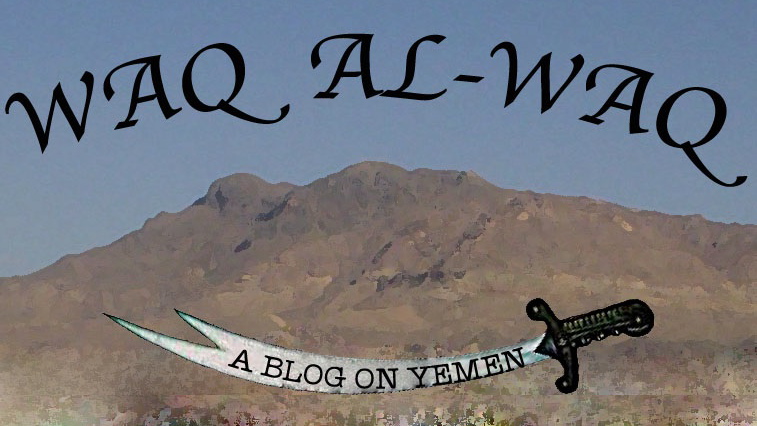Wednesday Papers: That Didn’t Take Long
Tariq al-Shami, the GPC’s head of media, is arguing for links between the Huthis, al-Qaeda and the Southern movement, which once again turned violent in the past couple of days. He sticks very close to GPC talking points – for anyone who ever wondered what reading the front page editorial in al-Thawra or 26th of September it is a bit like this only more so – but it seems as though the gist of his claims are that exiled southern leaders are supporting the Huthis.
Meanwhile, ‘Abd al-Malik al-Huthi himself chimes in with another interview, this time with al-Khalij (link is to al-Huthi’s website) and argues that the link between the southern crisis and the war in Sa’dah is only that the government uses the same style of oppression in both places.
He also spends time denying the fact that he is looking to establish a Shi’a state in Sa’dah or that he receives aid from Iran. For those keeping score, this means that on the same day the Huthis are facing allegations of being in cahoots with al-Qaeda and with Iran as well as with secessionists. That is quite an alliance of bad guys.
As I have said before these claims are mostly an attempt by the Yemeni government to links it domestic problems to larger regional and western concerns. In many ways it has been forced to do this by the way the US and other western powers dole out aid. In the absence of an al-Qaeda threat Yemen is worried that it would be neglected and forgotten much like what happened to Pakistan and Afghanistan during the 1990s. By linking the Huthis to either Iran or al-Qaeda, the Yemeni government gives itself some space to take the fight to them – it can say it is combating the Shi’a menace or alternately that it is fighting al-Qaeda by fighting the Huthis.
Minister of Information, Hasan al-Lawzi, shows that he is a good soldier by following up President Salih’s claim to keep fighting the Huthis even if it takes five or six years, by saying that the fighting will continue until the Huthis are eliminated. For those not that familiar with Yemen, this rhetoric can be papered over and is much more of a barometer for the current climate and momentary feelings than it is as any predictor of future events. It gives you a window into the thinking of the moment but, I would argue, nothing more. It isn’t necessarily easy to walk this sort of talk back, but it can be done.
Meanwhile in the south there were clashes in al-Dhala’ and more in Lahj.




